
Media are at the heart of contemporary life. From social media to print, from websites to television, from search engines to apps: our understanding of the world is shaped by media.
Media have a major impact not only on how we communicate with one another, but also on how societies are organised: culturally, politically and economically. This academic programme therefore studies the informative and social function of media and conceives 'culture' in its anthropological definition: as the ideas, customs and social behaviour of particular (groups in) societies.
You will acquire knowledge and a variety of theoretical perspectives on the way different media platforms are structured, how they operate and how they relate to each other; how media systems are underpinned politically and economically; and how patterns of media use, production and content develop and change. You will learn to apply and critically reflect on different types of academic research methods on a variety of topics. In addition, you will also get acquainted to the professional fields related to media, develop your professional skills to help you perform in media-related internships and jobs.
The programme's distinctive features are:
Students get familiar with different relevant media platforms and industries and with Media Studies as an academic discipline, as well as acquiring the necessary academic skills.
| Semesters | ||||
|---|---|---|---|---|
| CoursesCourse Catalog > | 1a | 1b | 2a | 2b |
| Introduction to Media Studies (10 EC) | ||||
| Media and Everyday Life (10 EC) | ||||
| Media Pasts, Presents and Futures (10 EC) | ||||
| Media Theory: Audiences and Uses (5 EC) | ||||
| Professional Writing (5 EC) | ||||
| Humane AI in Digital Societies: Introduction (10 EC, optional) | ||||
| Stories We Live By: Mediating Identities (10 EC, optional) | ||||
| Designing Digital Futures (5 EC) | ||||
| How to Study Media (5 EC) | ||||
In the second year, the emphasis shifts to in-depth theoretical and methodological training. In addition to the compulsory courses, you take a profile of your choice within the Theory Pathways course. Depending on student numbers, the choices include: Visual Culture, Cultural Industries, Digital Cultures, Journalism Studies or Politics and Global Citizenship.
| Semesters | ||||
|---|---|---|---|---|
| CoursesCourse Catalog > | 1a | 1b | 2a | 2b |
| Representations in Media (Archives) (5 EC) | ||||
| Theory Pathways (5 EC) | ||||
| Analyzing Media: Texts, Production, Use (10 EC) | ||||
| Political Action in the Network Society (5 EC, optional) | ||||
| Professional Skills (5 EC) | ||||
| Technology and Creative Destruction (5 EC, optional) | ||||
| Cultural Heritage: Heritage in a Changing World (10 EC, optional) | ||||
| Global Change: Contemporary Issues (10 EC, optional) | ||||
| Humane AI in Digital Societies: Projects (10 EC, optional) | ||||
| Media Theory (10 EC) | ||||
| Research Seminar Media Studies (10 EC) | ||||
| Stories We Live By: Narrating the World (10 EC, optional) | ||||
Students do (semi-)independent research as well as make a choice as to which minor (university minor; faculty minor; career minor, including a placement; minor abroad) they would like to follow.
| Semesters | ||||
|---|---|---|---|---|
| CoursesCourse Catalog > | 1a | 1b | 2a | 2b |
| Minor (30 EC) | ||||
| Minor (elective) (15 EC) | ||||
| RS Media Studies (10 EC) | ||||
| RS Media Studies I (10 EC) | ||||
| Thinkers and Theories I (5 EC) | ||||
| Thinkers and Theories I (5 EC) | ||||
| BA Thesis Media Studies (10 EC) | ||||
| BA Thesis Media Studies (10 EC) | ||||
| Media Careers: Prospects in the Market (5 EC) | ||||
Throughout the curriculum there are three distinctive learning pathways: a theoretical, methodological and a professional learning pathway. These aim to provide students with the combination of a solid knowledge base, substantial understanding of a diversity of theoretical perspectives, sound methodological training, and a thorough preparation for the labour market. Students earn 150 ECTS credits in their major, 30 ECTS can be filled with a minor during the third year.
| Programme options |
|---|
| Minors (minor) The fifth semester of your studies is dedicated to your Minor: a coherent set of future-oriented course units. It prepares you for a follow-on Master's degree program or for entering the labour market. You can opt for a Career Minor, a Minor abroad, a University Minor or a Faculty Minor. |
| University of Groningen Honours College (honours program) The Honours College will give talented, motivated students the chance to be challenged even more by following Honours programmes and taking part in numerous other activities. The Honours College comprises a broadening part and a deepening part and has a study load of 30 ECTS credit points besides the 180 ECTS credit points from your regular Bachelor programme. |
To further encourage the international profile of the students, the programme structure allows students to spend one semester at a partner university abroad in the third year of their studies. The Department offers exchange programmes within the framework of the Lifelong Learning Erasmus and Marco Polo.
If you have passed the VWO (pre-university education) exam in English, you satisfy the language requirement.
If you have passed the VWO (pre-university education) exam in English, you satisfy the language requirement.
If you have passed the VWO (pre-university education) exam in English, you satisfy the language requirement.
If you have passed the VWO (pre-university education) exam in English, you satisfy the language requirement.
Language requirement English: Minimum requirement of TOEFL iBT 90 (with a minimum of 21 on all items), or IELTS 6.5 (with a minimum of 6 on all items) or Cambridge C1 Advanced or C2 Proficiency with a minimum score of 180. For more information, see: https://www.rug.nl/let/studeren-bij-ons/bachelor/aanmelding-en-inschrijving/language-requirements-ba
The degree programme will organize a matching procedure. Attendance is optional. The advice is not binding.
The Faculty of Arts believes students can decide for themselves whether they match with their chosen programme based on the available bachelor programme information, by visiting the Open Days, and by participating in a Webclass and/ or Student for a Day. If you are unable to attend one of these activities, a final opportunity for matching is to contact one of the students of the programme in June.
If you have any further questions about matching, check out: www.rug.nl/matching
| Type of student | Deadline | Start course |
|---|---|---|
| Dutch students | 01 May 2026 | 01 September 2026 |
| 01 May 2027 | 01 September 2027 | |
| EU/EEA students | 01 May 2026 | 01 September 2026 |
| 01 May 2027 | 01 September 2027 | |
| non-EU/EEA students | 01 May 2026 | 01 September 2026 |
| 01 May 2027 | 01 September 2027 |
The Faculty of Arts believes students can decide for themselves whether they match with their chosen programme based on the available bachelor programme information, by visiting the Open Days, and by participating in a Webclass and/ or Student for a Day. If you are unable to attend one of these activities, a final opportunity for matching is to contact one of the students of the programme in June.
If you have any further questions about matching, check out: www.rug.nl/matching
| Specific requirements | More information |
|---|---|
| previous education |
A Dutch VWO diploma, a German Abitur, an International Baccalaureate diploma, a European Baccalaureate or another diploma that is sufficient for acceptance to a Dutch university. For other VWO-equivalent qualifications, see: https://www.rug.nl/vwo-equivalent-qualifications. Students with a Dutch 'hbo propedeuse' diploma also need to meet the language requirements mentioned below. |
| other admission requirements |
Language requirement English: Minimum requirement of TOEFL iBT 90 (with a minimum of 21 on all items), or IELTS 6.5 (with a minimum of 6 on all items) or Cambridge C1 Advanced or C2 Proficiency with a minimum score of 180. |
For all admission-related questions, feel free to contact our admission officer via arts.ba.admission rug.nl.
| Type of student | Deadline | Start course |
|---|---|---|
| Dutch students | 01 May 2026 | 01 September 2026 |
| 01 May 2027 | 01 September 2027 | |
| EU/EEA students | 01 May 2026 | 01 September 2026 |
| 01 May 2027 | 01 September 2027 | |
| non-EU/EEA students | 01 May 2026 | 01 September 2026 |
| 01 May 2027 | 01 September 2027 |
If you want to continue with a Master's degree programme after your graduation, as most students do, you will have a wide range of programmes to choose from. With a Bachelor's degree in Media Studies, you have access to the following Master's tracks at the University of Groningen:
Advise on the e-consulting strategy for a major health institution.
Develop the website and the social media campaigns for a commercial broadcasting organisation
Develop and optimize the digital product range for a medium sized youth and education publisher.
Develop and implement the social media strategy for a non-profit crowd sourcing organisation.
Produce audiovisual content for a digital television channel.
Our Media Studies staff implements diverse research projects in the field of Media Studies, sometimes collaborating with other international universities based in cities such as Sheffield and Cardiff. During the bachelor's programme you will learn about the staff's research projects with themes such as social media and politics; media literacy; startup culture; datafication and the music industry and more. Such knowledge feeds into the research seminars and the specialisation courses.
By integrating the research projects into the programme, you will acquire knowledge of theories and methodologies from experts in the field, and learn to apply this in your own research projects.
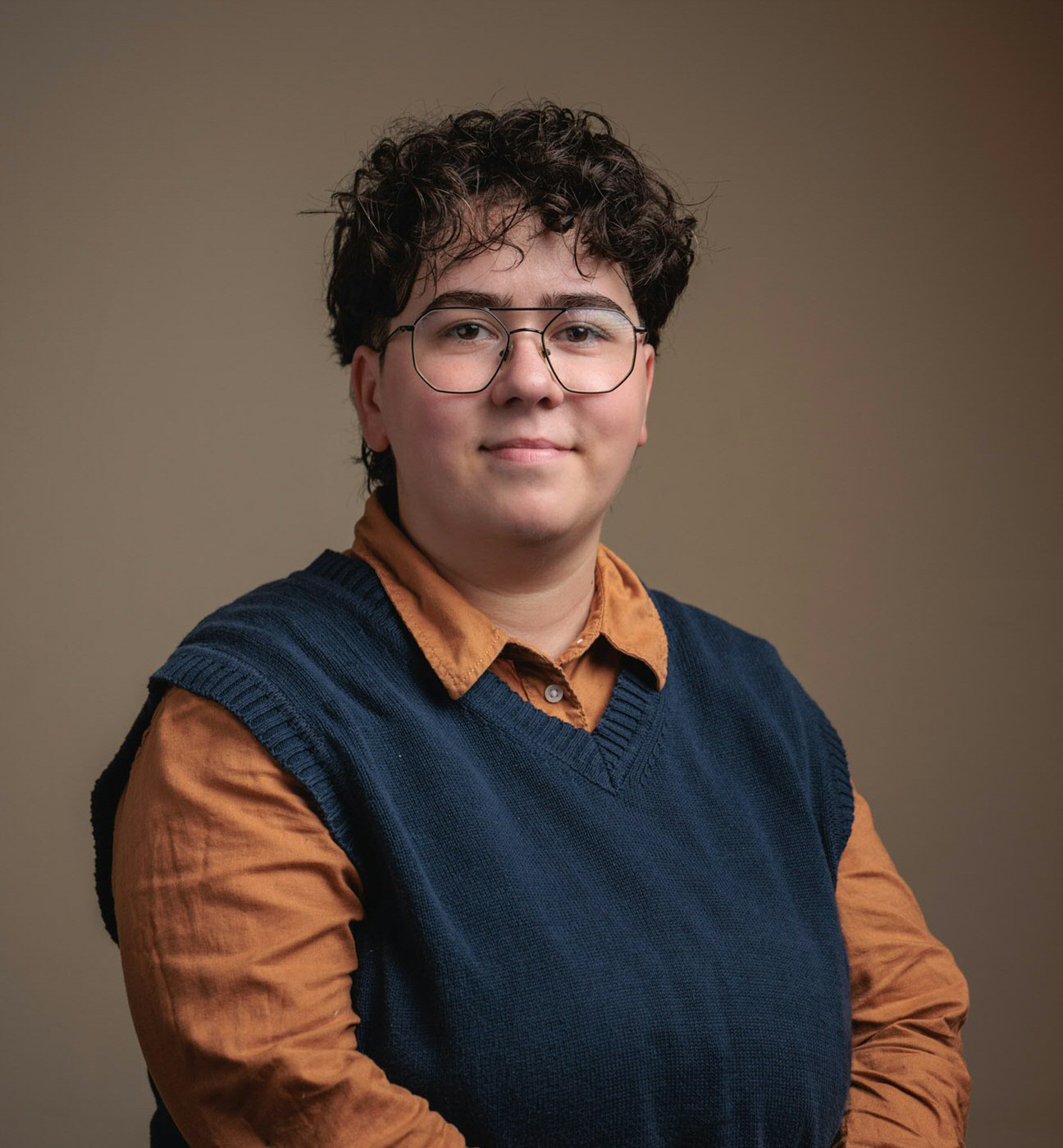
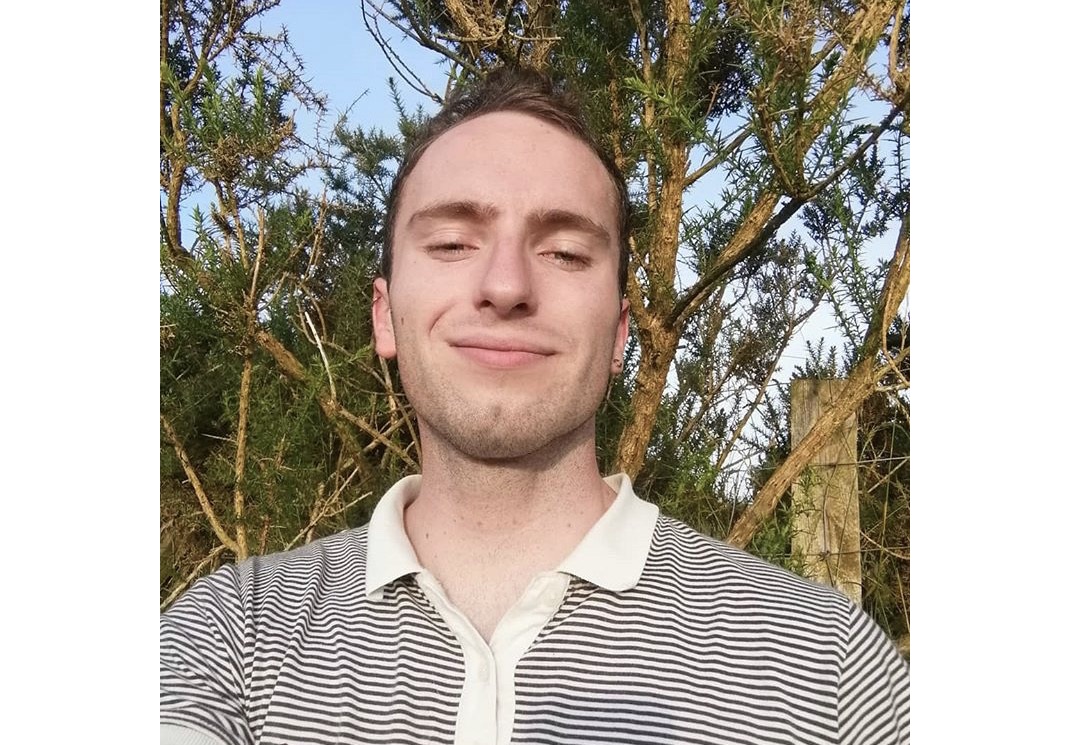
I chose the BA in Media Studies at the University of Groningen
as I’ve always been interested in working within creative
media industries. The degree program offers students the freedom to
express themselves through their research and project work.
Experimentation is encouraged by the lecturers throughout the
program, in this way you get to discover your likes and dislikes,
and choose elective classes based on your vision of your future. At
the beginning of the course, I thought that a degree in Media
Studies only qualified you to become a journalist, but I could not
have been more wrong! As the degree is a blend of theoretical,
methodological and skills classes, you are given a broad set of
tools with which you can become a media professional or scholar. At
the moment I’m interested in doing either an MA in
Journalism, or a ReMA in Arts, Culture, Media here at the
University of Groningen. In the Audiovisual Culture profile,
students engage with all forms of audiovisual texts such as film,
television, and music videos. I am particularly interested in the
intersection of media, art and performance studies. Research in
this area focusses on how the involvement of media technologies
changes our experience of art and the performance arts.
What I love the most about the media department is how youthful and
vibrant it is. The lecturers are enthusiastic and willing to help
you develop and pursue your interests. I chose to study
specifically in Groningen because of its cosmopolitan
atmosphere— I knew that the university would bring me into
contact with more international cultures than if I were to have
studied back home in Ireland. The BA Media Studies is an
internationally-oriented degree, for an international industry. I
hope to become a researcher in the future, or to work as a writer
in a publication house. Within this study, the possibilities are
endless!
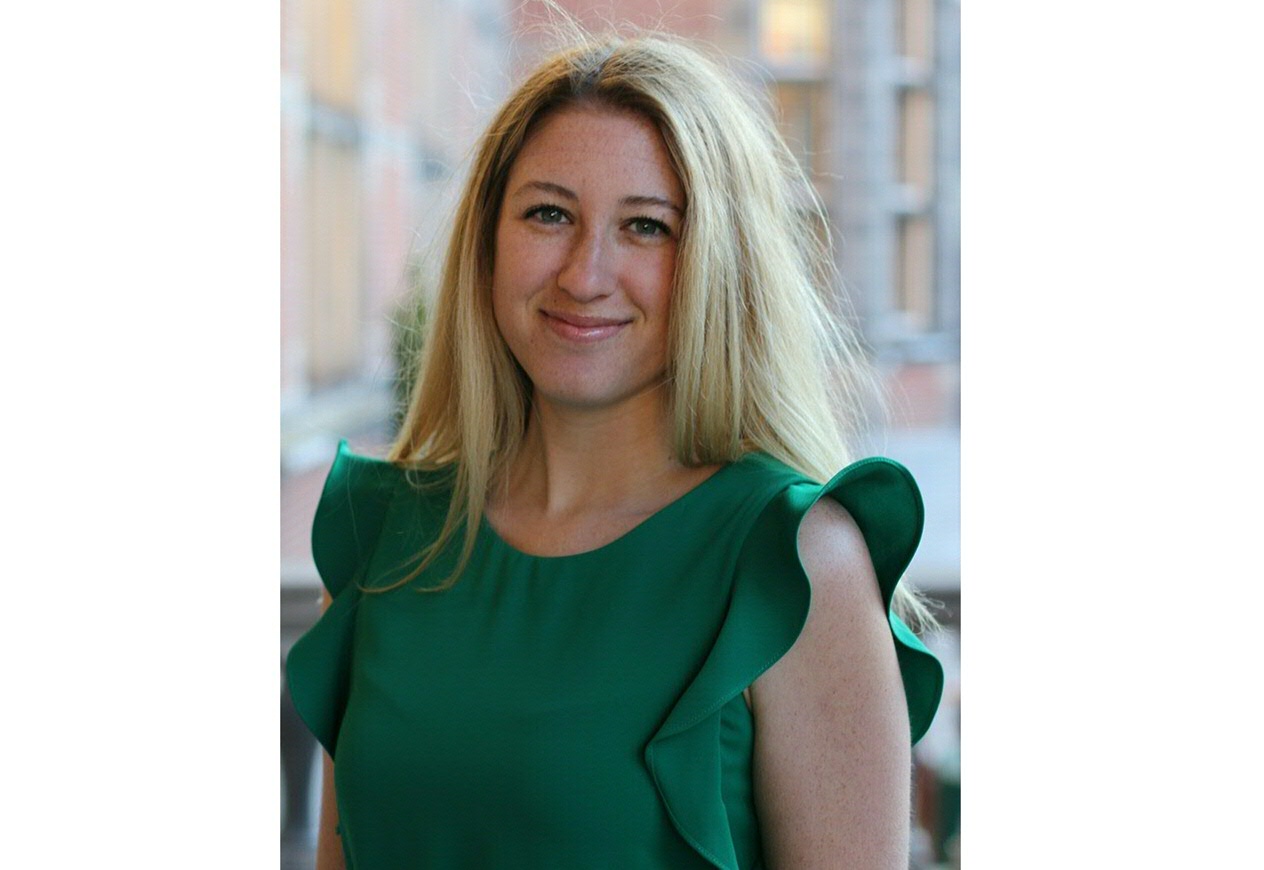
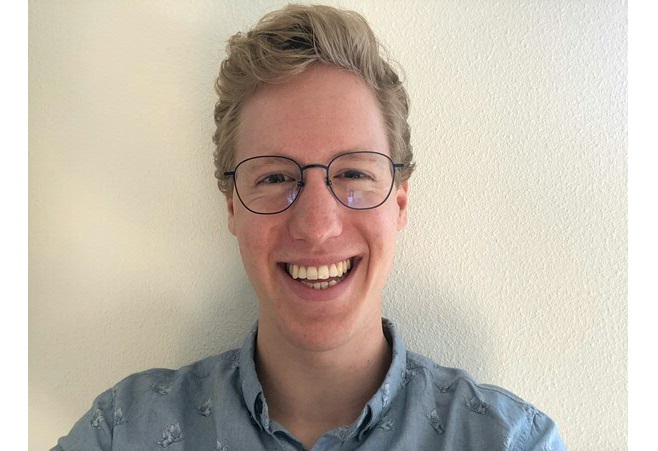
Before I started Media Studies, I thought I had a pretty good idea about what 'media' was. But from the first day on, I got to know about media and everything around them in ways that I had never considered before. It showed me the relevance of studying media in every aspect possible, as it taught me about all the ways media are not only interconnected with our lives, but frequently are an inherent part of our lives and our existence on their own.
The programme touches upon aspects of media far outreaching those of radio, television, newspapers and so-called 'social media'. It makes you aware of the many forms media can take on, how abstract of a word terms such as 'media' or 'culture' actually are, and how they carry far from set definitions.
When I first visited the Open Day, the study representatives clearly emphasized that this study will not make you become a presenter, learn you how to edit videos, or how to direct. And I can confirm that now. But even though this bachelor programme does not specifically teach you how to work in 'the media industry' or how to create a television show, this does not mean that it won't help you in becoming a better creator or media professional. For while I discovered my passion for radio and media in general long before the start of my studies, it is the insights acquired throughout my studies that I take with me every single day, and that help me stand out in the field that I am working in. In my final year I followed an internship at the Dutch national radio station Qmusic, after which I was hired as a radio producer and content director of their daily evening shows. Media Studies has offered me the tools and knowledge to think beyond my own medium and to apply different perspectives in my productions, as well as to remain critical towards the information I receive before deciding to broadcast it to the radio audience.
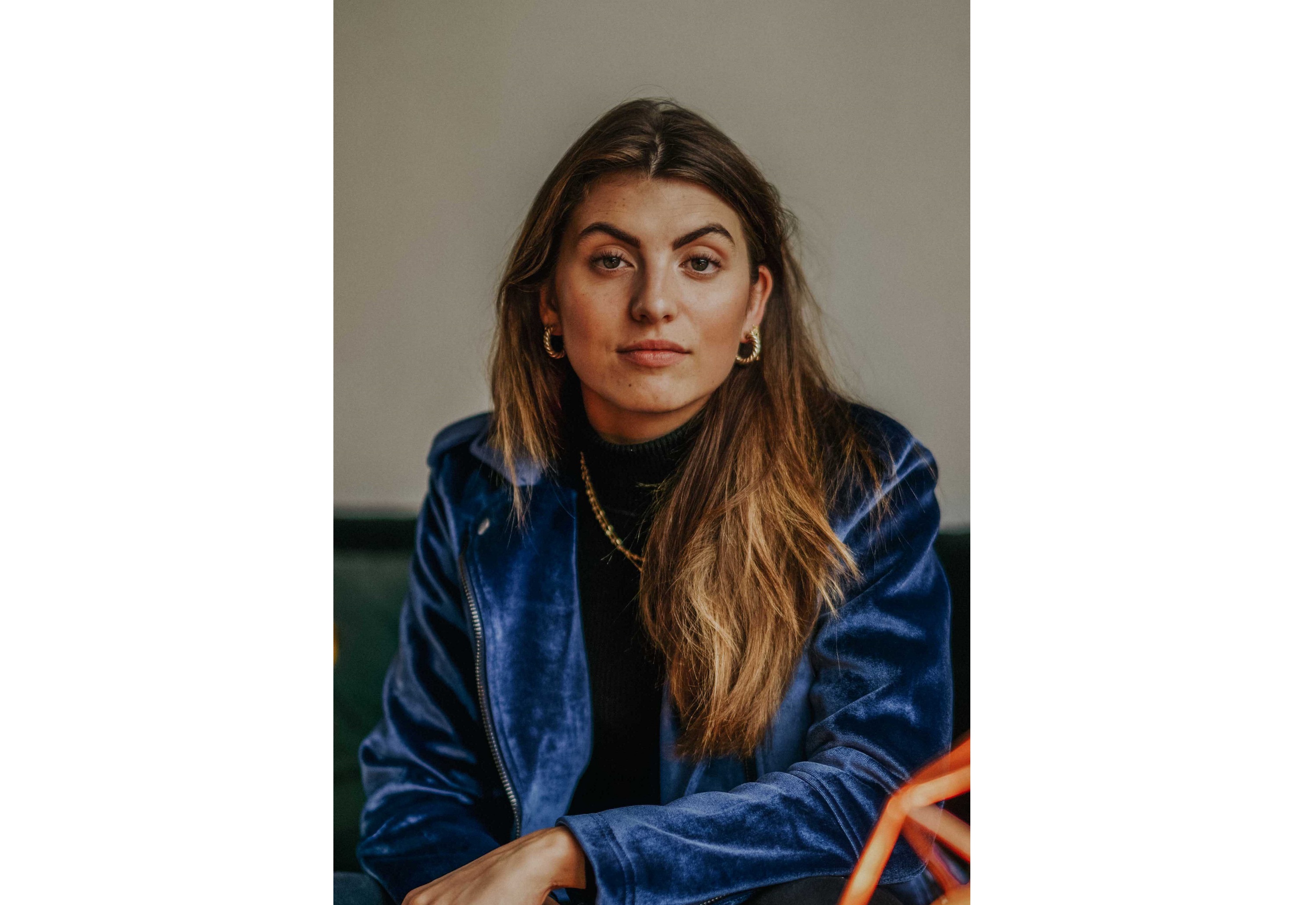
The BA Media Studies allows you to explore a broad variety of topics whereafter you can specialize in a topic of your choosing. I experienced the BA Media Studies as a great balance between theoretical courses that provided me with fundamental knowledge, and the methodology classes that provided me with the practical tools to work with all the theory knowledge acquired. Each course sets the boundaries within which you work, but the assignments and essays leave enough room for you to explore your own interests. I took, and still take, great interest in media representation, identity formation and women’s studies. The BA Media Studies program allowed me to explore each of these interests from a media studies perspective. I am currently in the Research Master program and the broad baseline that the BA Media Studies has provided me with continues to keep me on my toes with regard to my own interests. I am always forcing myself to see different perspectives and ask critical questions: “How do researchers in my field of interest approach this problem?” and, “How does this approach differ from what other researchers in other fields are doing?”. At the same time, the freedom to (further) develop my own interests within the BA Media Studies has enabled me to create my own profile as a researcher.
Are you at secondary school and want to know what studying at university is like? The Media Studies programme is offering a web class! This online course from the University of Groningen is specially designed for secondary school students.
If you are interested in an Media Studies web class, register here.